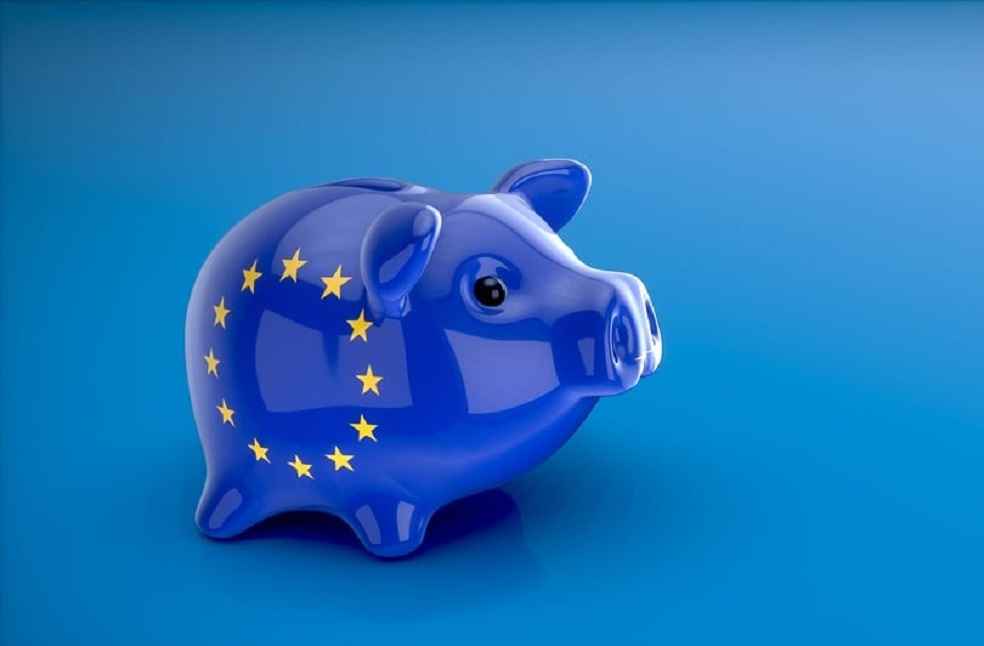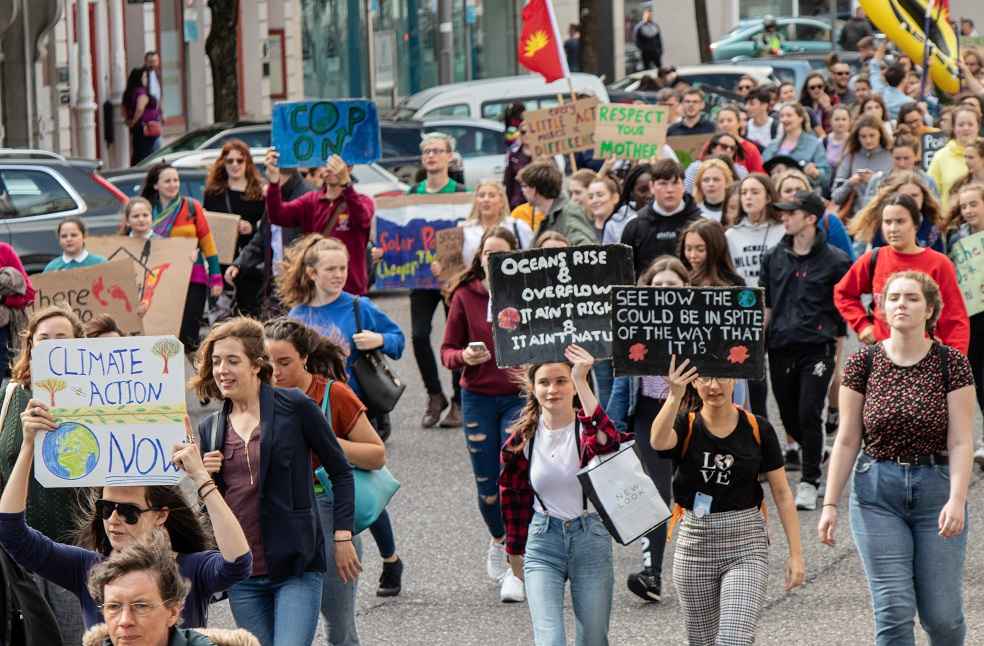As the European Union (EU) is introducing an array of climate-focused laws, known collectively as the ‘EU’s Climate Measures’, it’s significantly reshaping the international trading landscape. The epicenter of this legislative drive is an ambitious objective: to achieve climate neutrality in the EU by 2050. However, these climate measures trigger important queries about trade equity and the shared global responsibility of climate change mitigation.
The New Wave of Climate Regulations
At the forefront of these measures is the Carbon Border Adjustment Mechanism (CBAM). A recent study estimates that this measure could generate between €5 billion to €14 billion in revenues for the EU annually. While designed as a safeguard for EU businesses, CBAM imposes a carbon tax on imports from countries with more relaxed climate policies. The goal is to ensure a level playing field, mandating that imported goods carry a carbon cost in line with those produced within the EU.

Another prominent measure is a regulation targeting the sale of products connected to deforestation or forest degradation. Considering that the EU imports nearly a quarter of the globally traded palm oil and soy, two commodities linked to significant deforestation, the economic reverberations of this regulation could be substantial, especially for countries like Brazil and Indonesia that heavily rely on such exports.
The final key component is the directive mandating corporate due diligence for sustainability across supply chains. With global supply chains contributing to over 80% of greenhouse gas emissions, this rule could have a momentous impact. It promotes sustainable practices, but it could also strain industries unprepared or lacking the resources to comply.
Potential Controversies

The motivation behind the EU’s climate measures is a complex blend of dedication to climate goals, domestic pressures, and geopolitical ambitions. Given the rising tide of climate awareness, with a recent Eurobarometer survey showing that 93% of EU citizens see climate change as a serious problem, public pressure for decisive climate policies is significant.
Despite their noble intent, these measures have sparked intense debate. Critics argue they could exacerbate trade tensions with developing countries that are already weathering the socio-economic fallout of climate change. Such nations, home to over 6 billion people or approximately 80% of the world’s population, contend that the EU’s trade measures unfairly shift the climate mitigation burden onto them, despite their limited capacity.
Striking a Balance

Juggling climate action and fair trade principles is a daunting task. The EU’s drive towards achieving climate neutrality by 2050 mustn’t widen economic disparities or stifle growth in developing nations.
The transition can only be just if the EU engages in open dialogue with developing countries and infuses flexibility into its policies. Assisting these nations in developing sustainable practices should also be part of the solution. The EU’s robust trade measures could be a watershed moment for global climate policy, but realizing this potential will require overcoming significant hurdles.
DON’T MISS IT: AI Fear Factor: Majority Americans See Threat, Poll Shows



